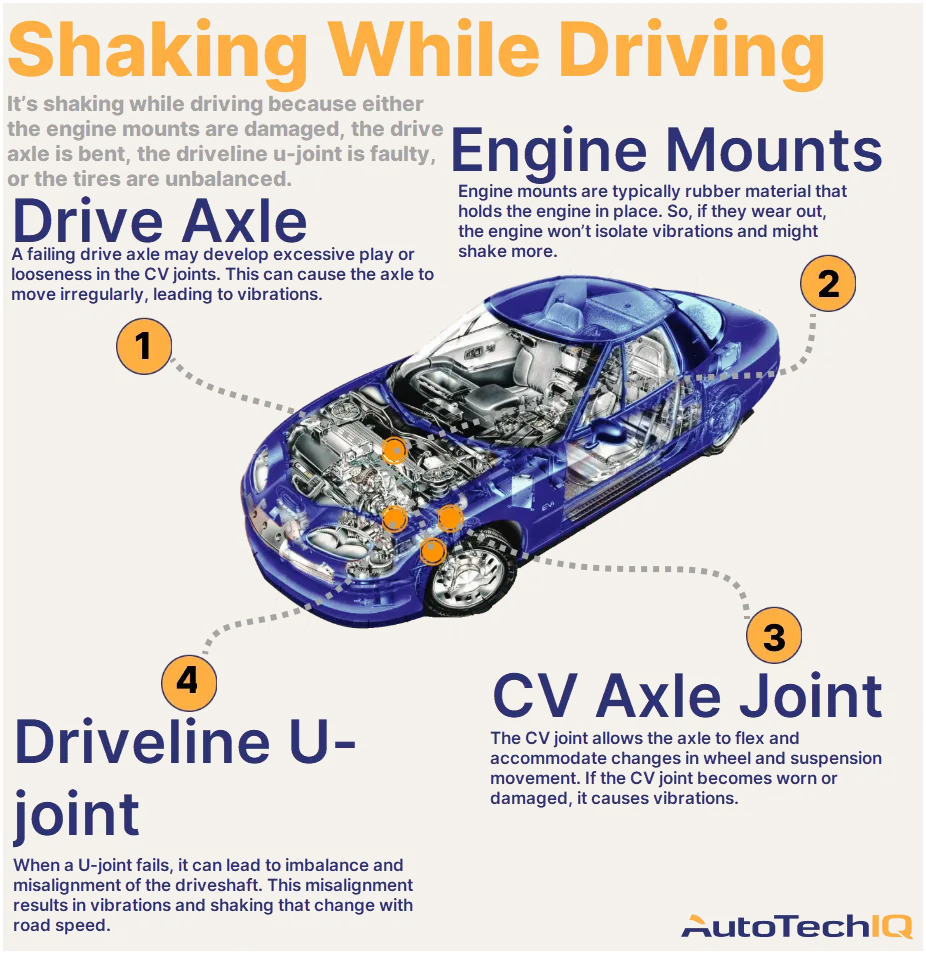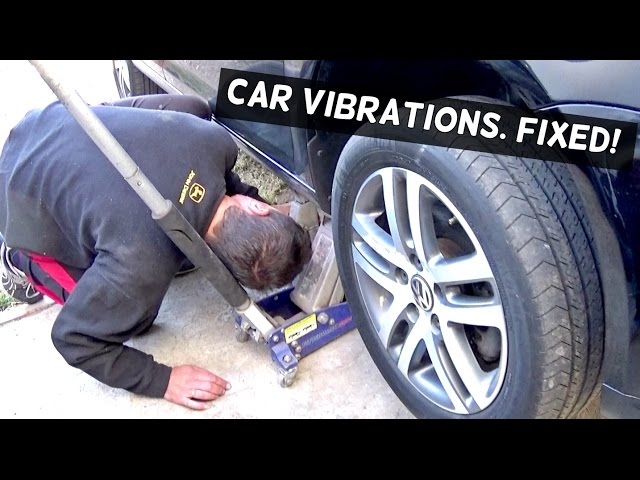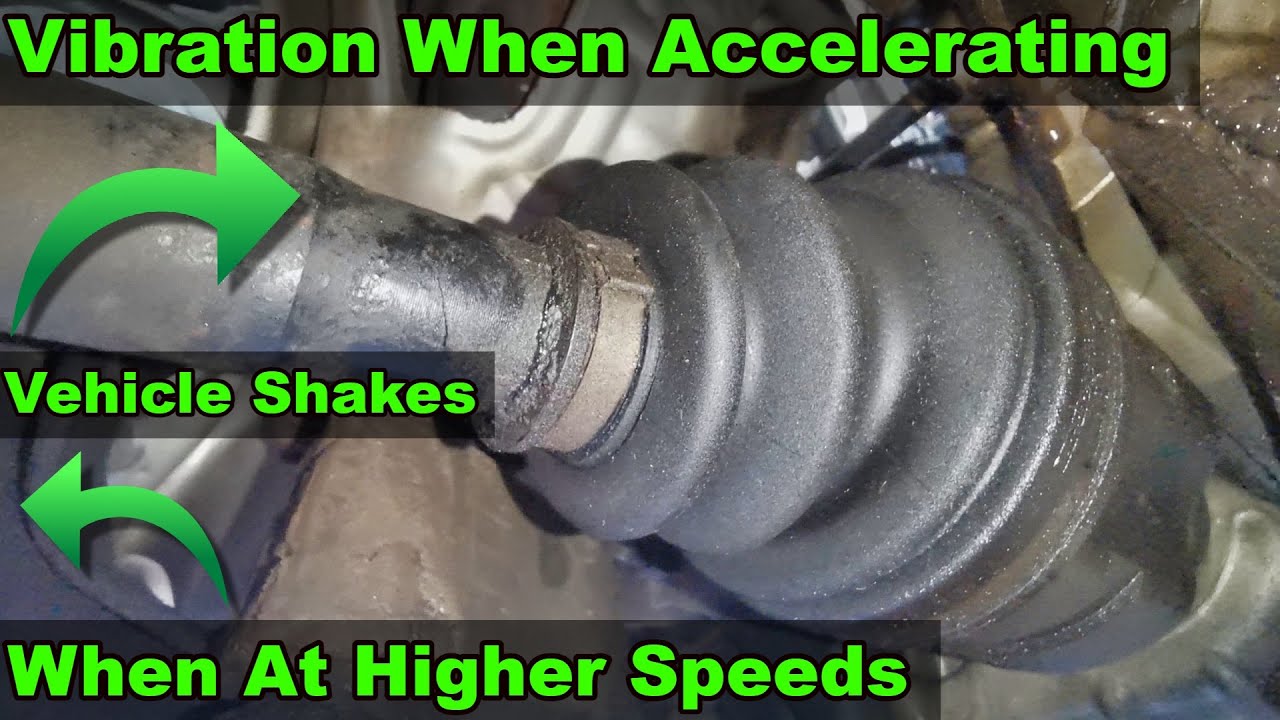Okay, let’s talk about that annoying car vibration when you step on the gas. Had this happen to my ride a while back, drove me nuts for a bit.

Figuring Out When It Happens
First thing I did was pay real close attention. It wasn’t vibrating all the time. Just when I was accelerating, you know, pressing the gas pedal. Didn’t matter much if I was starting from a stop or speeding up to pass someone on the highway. If I was giving it gas, especially kinda hard, I’d feel a shake. Mostly felt it through the floor and the seat, sometimes a bit in the steering wheel but not always.
Once I let off the gas and was just cruising or coasting, smooth as butter. So, I knew it was related to the engine putting power down to the wheels.
My First Checks – The Easy Stuff
You always start simple, right? So, I checked the tires first. Looked for any obvious bumps or damage. Checked the air pressure, made sure they were all even. They looked okay, nothing screaming “I’m the problem!”
Then I thought maybe wheel balance. But usually, unbalanced wheels shake more consistently, getting worse with speed, not just when accelerating. Still, it was on my mind.
I also took a quick peek at the lug nuts, made sure they were all tight. You never know.

Looking Deeper – What Usually Causes This
Since the easy stuff didn’t jump out, I started thinking about the parts that connect the engine power to the wheels. Things like:
- Axles (CV joints): These are super common culprits for vibration under acceleration. Especially the inner joints.
- Driveshaft (if rear-wheel or all-wheel drive): U-joints on the driveshaft can wear out and cause shakes when power goes through them.
- Engine or Transmission Mounts: If these are broken or worn, the whole engine and transmission can shift too much when you accelerate, causing a vibration.
- Something with the transmission itself: Less common, but possible.
Getting My Hands Dirty
Alright, time to get under the car. Safely, of course, using jack stands. I first grabbed the axles (the shafts going to the front wheels on my car). I tried wiggling them. The outer joints near the wheels felt pretty solid, but one of the inner joints, closer to the transmission, had a bit of play. Not a huge amount, but more than the other side. I could feel a slight clunk when I twisted it back and forth.
Then I checked the engine and transmission mounts. These are basically rubber blocks that hold everything in place and absorb vibration. I looked for cracked or collapsed rubber. One of the main engine mounts looked a bit tired, kind of saggy, but not totally broken. The transmission mount seemed okay visually.
Pinpointing the Problem
Based on how it felt – vibration only when accelerating – and that little bit of play in the inner CV joint, that became my prime suspect. Worn inner CV joints often cause exactly this kind of shake when torque is applied.
While a bad motor mount could contribute, the vibration felt more like something rotating was out of balance or binding up under load, which points more strongly to the axle.

The Fix and The Result
So, I decided to replace the axle shaft with the suspect inner CV joint. It’s usually easier and often about the same cost to just replace the whole axle assembly rather than trying to rebuild the joint itself.
Got the new axle, swapped it out one afternoon. Wasn’t the worst job, just took some patience getting the old one popped out and the new one seated right. Made sure to top off the transmission fluid that leaked out.
Took it for a test drive, held my breath a bit… and stepped on the gas. Smooth! No more shake, no more vibration when accelerating. Felt like a different car. That worn inner CV joint was definitely the issue.
So yeah, if you get that vibration only when you’re on the gas, definitely check those axles, especially the inner joints. It’s a pretty common thing.
